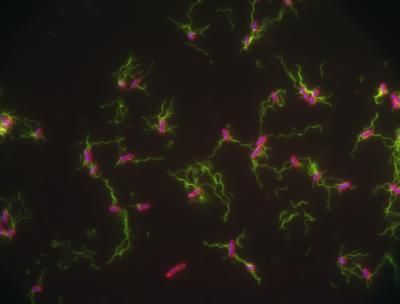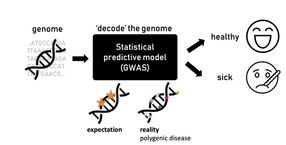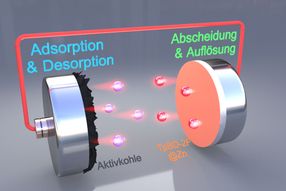AMDL Signs Memorandum of Understanding for Clinical Trials in Taiwan for Its Combination Immunogene Therapy to Battle Cancer
AMDL, Inc. announced that it has signed a Memorandum of Understanding (MOU) with Vectorite Biomedica, Inc., a Taiwan based company, that could lead to the development of human and animal clinical trials in Taiwan of AMDL's Combination Immunogene Therapy (CIT), a therapeutic vaccine.
CIT uses two genes in combination to both build the body's immune system and to destroy cancer cells. Its GM-CSF gene alters the tumor by activating tumor-specific T-cells within the immune system, while its B7-2 gene enters the tumor to stimulate stronger and larger T-cells to attack the cancer. The approach is potentially superior to traditional gene therapy, which seeks to replace damaged or abnormal genes with healthy ones. This has proven to be difficult because of the number of genes involved. CIT was shown to be 100 percent effective in a humanized mouse model in previous clinical trials in Canada.
AMDL also said that CIT is synergistic to its DR-70® cancer test, giving the Company both the ability to monitor and treat cancers. AMDL's primary objective remains receiving U.S. Food & Drug Administration clearance to market the DR-70®, which would simultaneously increase market awareness and acceptance in the international marketplace.
Most read news
Organizations
Other news from the department business & finance

Get the life science industry in your inbox
From now on, don't miss a thing: Our newsletter for biotechnology, pharma and life sciences brings you up to date every Tuesday and Thursday. The latest industry news, product highlights and innovations - compact and easy to understand in your inbox. Researched by us so you don't have to.
Most read news
More news from our other portals
See the theme worlds for related content
Topic world Gene therapy
Genetic diseases once considered untreatable are now at the center of innovative therapeutic approaches. Research and development of gene therapies in biotech and pharma aim to directly correct or replace defective or missing genes to combat disease at the molecular level. This revolutionary approach promises not only to treat symptoms, but to eliminate the cause of the disease itself.

Topic world Gene therapy
Genetic diseases once considered untreatable are now at the center of innovative therapeutic approaches. Research and development of gene therapies in biotech and pharma aim to directly correct or replace defective or missing genes to combat disease at the molecular level. This revolutionary approach promises not only to treat symptoms, but to eliminate the cause of the disease itself.





















































